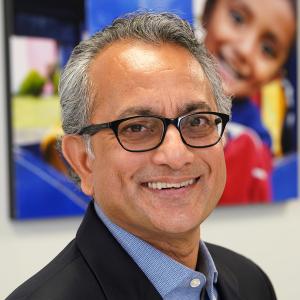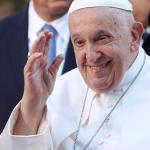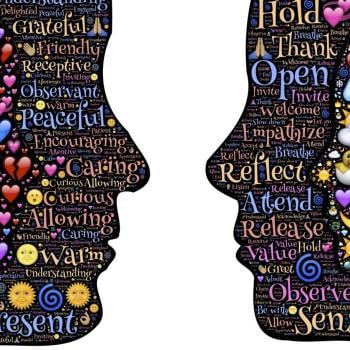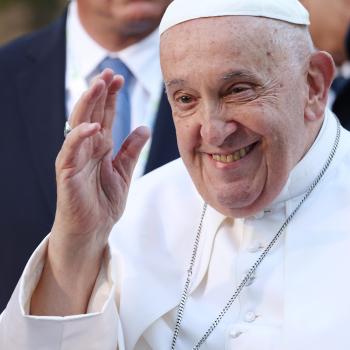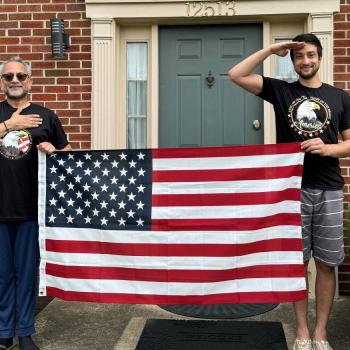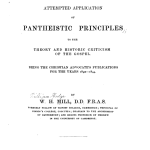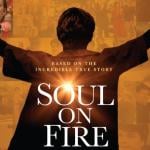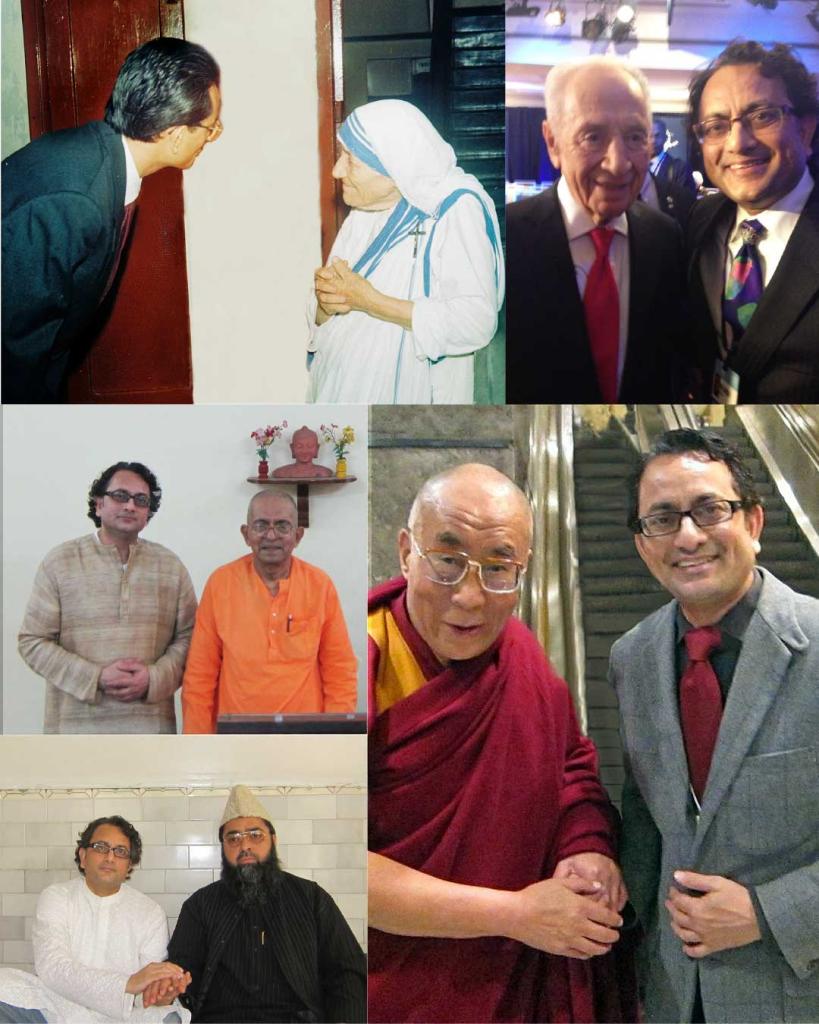
Dharma, Dialogue, and Democracy: A Hindu Reflection on Political Authority
“I am proud to belong to a religion which has taught the world both tolerance and universal acceptance. We believe not only in universal toleration, but we accept all religions as true.”
— Swami Vivekananda
When Swami Vivekananda stood before the Parliament of the World’s Religions in 1893 and greeted the crowd with “Sisters and Brothers of America,” it was more than a powerful opening—it expressed Hinduism’s timeless ideals. He spoke of unity, service, and spiritual freedom. And in doing so, he reminded the world that political or religious authority is not sacred by default. It must be rooted in dharma—righteousness, service, and moral duty.
K.M. Sen, one of India’s foremost scholars of Hinduism and someone I’ve drawn great inspiration from, wrote that Hinduism is “not dogmatic but essentially a way of life, embracing many points of view.” That sentence has stayed with me. Because at its core, Hinduism doesn’t cling to one path or one leader—it invites reflection, debate, and multiple perspectives. It is inherently pluralistic. And in a world that feels increasingly polarized, that feels like a message worth repeating.
As a child in Kolkata, I didn’t first learn about religion through texts or temple visits. I learned through the quiet acts of empathy I saw around me. I remember my mother making sure my elder brother and I had a nutritious diet, even if it meant she had less for herself. I remember my father inviting young people struggling with addiction to join our family vacation, hoping it might help in their healing. And of course, there was Mother Teresa, whose presence in Calcutta was a lesson in what it means to live a service life.
I understood this: faith begins with empathy. And real leadership—whether in politics or religion—must begin there too.
Faith in the Public Square
How should people of faith view those in power?
Approximately 100 secular states worldwide uphold the separation of religion and state (Pew Research). These countries are characterized by a government that does not endorse, promote, or impose any particular religion on its citizens. Examples include the United States, India, and Australia. More than 80 countries favor a specific religion, either as an official, government-endorsed religion or by affording one religion preferential treatment over other faiths.
I’ve thought about this question a lot—especially as someone who grew up in India and has spent the last 40 years living in the United States. I’ve had the chance to experience the world’s largest democracy and its most powerful one. I’ve also traveled to places where people don’t have the luxury of religious freedom or the right to dissent. All of this has shaped my understanding of political authority—and the responsibilities that come with faith.
Dharma Over Power
Swami Vivekananda often spoke of the divine potential within each of us. He believed that religion was not about dogma, but about becoming—about self-realization and service to others. One of his most powerful messages was simple: “The best way to serve God is to serve man.”
If that’s true, then political authority must be seen not as a privilege, but as a responsibility. Power should be used to protect the vulnerable, ensure justice, and build harmony. Anything less is not just a failure of politics—it’s a failure of dharma.
Multiple Paths, Multiple Perspectives
K.M. Sen—recommended by Radhakrishnan (President of India, 1962-1967) to Penguin Books to write an authoritative volume on Hinduism—emphasized that the faith allows for multiple paths to truth. That same flexibility applies to politics. Ancient Hindu texts describe councils (sabhas) and shared decision-making—early examples of what we might now call participatory governance.
Rabindranath Tagore, whose teachings were central to my mother and also my aunt’s worldview, also warned of the dangers of nationalism. He spoke of “unity consciousness”—a worldview transcending national boundaries and religious divisions. His vision, like Vivekananda’s, wasn’t about imposing one way of life. It was about inviting dialogue, preserving dignity, and building spiritual connection across divides.
Pluralism, Not Political Hinduism
One of the painful realities of our time is how many religious identities are politicized. They’re used not to unite, but to divide. But that’s not what Vivekananda, Tagore, or Sen stood for. And it’s certainly not what the modern spiritual leaders I’ve met have stood for either.
Hinduism is based on diversity of thought, including political thought. Real political authority, from a Hindu perspective, must protect that diversity—not exploit it.
My Own Journey
In my own journey, I’ve been fortunate to meet remarkable spiritual leaders who embody this spirit. I’ve spent time with Mother Teresa, His Holiness the Dalai Lama, Imam Ilyasi (President of the All India Imam Organization), the General Secretary of the Ramakrishna Mission, and the late President of Israel, Shimon Peres. They each represented different faiths, yet shared a deep commitment to democracy, pluralism, and mutual respect.
As a child growing up in Kolkata, my first encounter with Christian values came through the life and work of Mother Teresa—a woman who devoted herself entirely to serving the poor and vulnerable. Pope Francis once said that different religions are like “different languages” expressing the same divine truth. As I learn more about Pope Leo XIV and his commitment to uplifting “ordinary people,” I’m transported back to two unforgettable moments: meeting Mother Teresa in 1996 and His Holiness the Dalai Lama in 2011. I still get goosebumps recalling those encounters—brief moments when I felt closest to humanity at its best. It felt like darshan, a sacred glimpse of the divine. Both experiences left me deeply moved and reminded me of Swami Vivekananda’s powerful teaching: “Each soul is potentially divine.”
I’ve shared many of these stories in my upcoming book, Do More Good: Inspiring Lessons From Extraordinary People.
A Higher Allegiance
If each soul is divine, then our ultimate allegiance must be to truth, justice, and compassion—not to any political party, flag, or leader.
As citizens, guided by our faith, we are called to act with conscience. To raise our voice against injustice. To serve others. To build bridges.
In this moment of rising division and moral uncertainty, I believe Hinduism calls us not to blind obedience, but to thoughtful, engaged, and courageous citizenship.
And that may be the most faithful act of all.
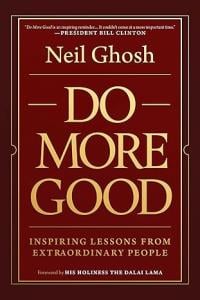 Do More Good: Inspiring Lessons from Extraordinary People
Do More Good: Inspiring Lessons from Extraordinary People
Now available for preorder!
Distilling the wisdom of thirty extraordinary individuals, Do More Good is a self-help book for people looking for ways to make their lives more meaningful by helping others.
In today’s world, with so much that feels beyond our control, and so many people in need, many of us are inspired to take action. To make change. To move the needle, even if only in one small way. Yet we struggle with knowing how to do just that. How can we each do more good without wasting hours in a research rabbit hole trying to figure out where to put our time, money, and energy for real impact?
In Do More Good, Neil Ghosh delivers not only the answers to that question but also the inspiration and guidance to take action now.


